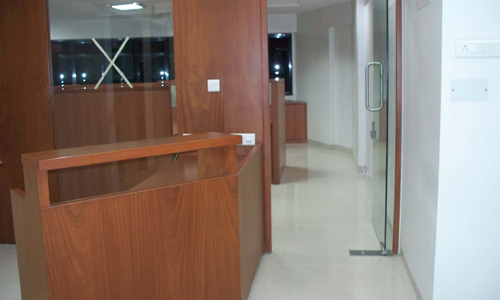
Jones Lang LaSalle report examines how companies are using CRE to drive the bottom line
Understanding cultural differences is the key to successful workplace change programs in Asia, according to a new report from Jones Lang LaSalle.

Understanding cultural differences is the key to successful workplace change programs in Asia, according to a new report from Jones Lang LaSalle.
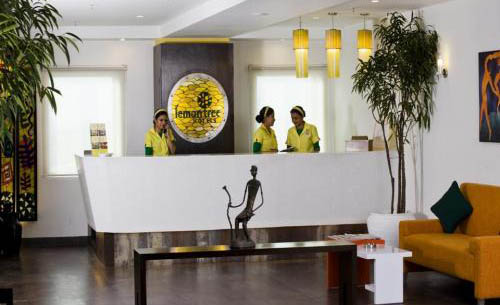
It is not just real estate developers and national & international hospitality majors, but several high net worth individuals and business groups from sectors like auto, petroleum and telecom have grabbed hospitality assets, marking a strategic trend shift. Track2Realty analyses how opportunities and roadblocks co-exist in the hospitality, thus making it an interesting sector where there is room for everyone to grow.
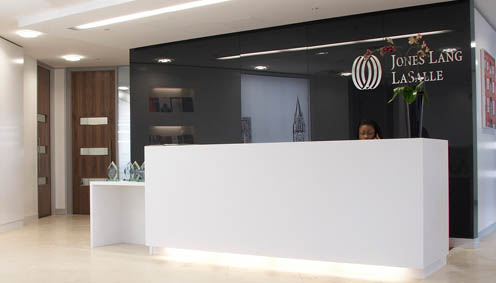
Jones Lang LaSalle’s markets experts have shared their expectations for the office leasing markets in Asia Pacific in the second quarter of 2012. In those markets that were experiencing office rental declines in previous quarters, the Markets teams are anticipating a slowdown in the rate of decline, for example a three to four percent fall in Grade A office rents this quarter in Hong Kong compared to an actual 6.3 percent decline in the first quarter.
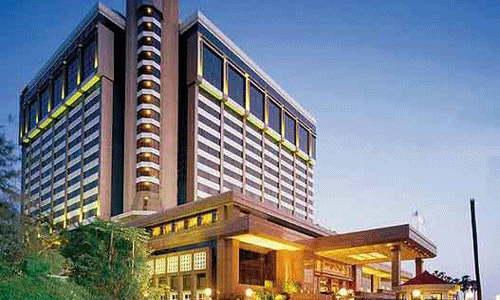
RICS India Commercial Property Survey suggests an easing in global strains has led respondents to upgrade their expectation in both the occupier and investment markets in the country. With real estate clearly feeling the effects of the softer macro environment in the previous two quarters, the market is now witnessing improving results across several indicators, which could signal the beginning of a turnaround.

The Royal Institution of Chartered Surveyors (RICS) and Vestian Global Workplace Services have released a PAN India in-depth study ’Assessment of IT campus environments’.
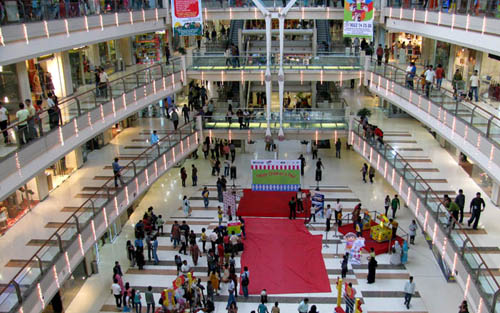
Substantial addition to supply has kept the rentals for the retail mall space in Pune stable in the first quarter of the year 2012, a report from real estate advisory Cushman & Wakefield India has said.

Over the last few years, the number of HNI investors and corporates who are seriously looking at investing into Indian office space has increased manifold. Mumbai continues to hold its own as India’s numero uno office space investment destination, with companies from all over the world unerringly zeroing in on the financial capital.

Since the hospitality sector was previously considered a part of Commercial Real Estate (CRE) and was subject to the same risk exposure, the cost of such debt was high. In September 2009, new guidelines on CRE released by the Reserve Bank of India, asserted that the hospitality sector would no longer be treated as a part of CRE and risk exposure would be based on the profile of the borrower and the nature of the project.

Amidst cut-throat the hospitality vertical of Indian real estate has done well with hotels across the budget segment witnessing upward movement. Track2Realty exp0lores the emerging trends and also addresses the game changers that has influenced in the past and promises to do so in the year ahead.
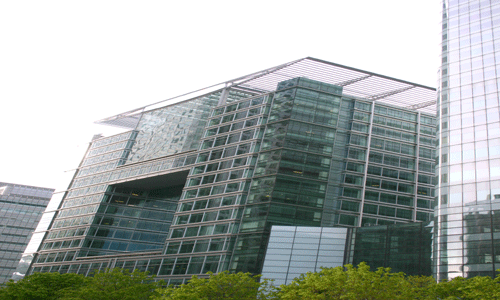
ITES and BFSI continue to be primary demand drivers of office space in India in 2012, says DTZ Occupier Perspective: India Office Demand and Trends Survey 2011. It says Delhi NCR and Bengaluru preferred by IT/ITES while Mumbai is BFSI’s favourite. Tier II cities of Bhubaneswar, Chandigarh and Jaipur preferred by IT/ITES; Ahmedabad by BFSI’s favourite; Gurgaon is the preferred micro market in Delhi NCR.
